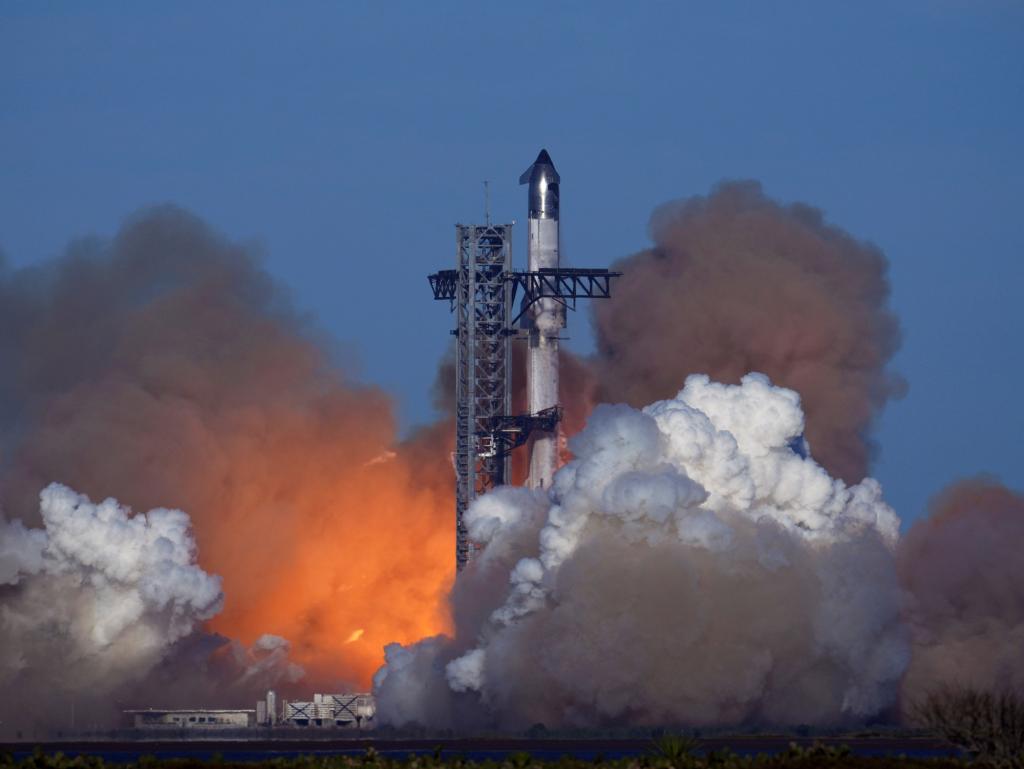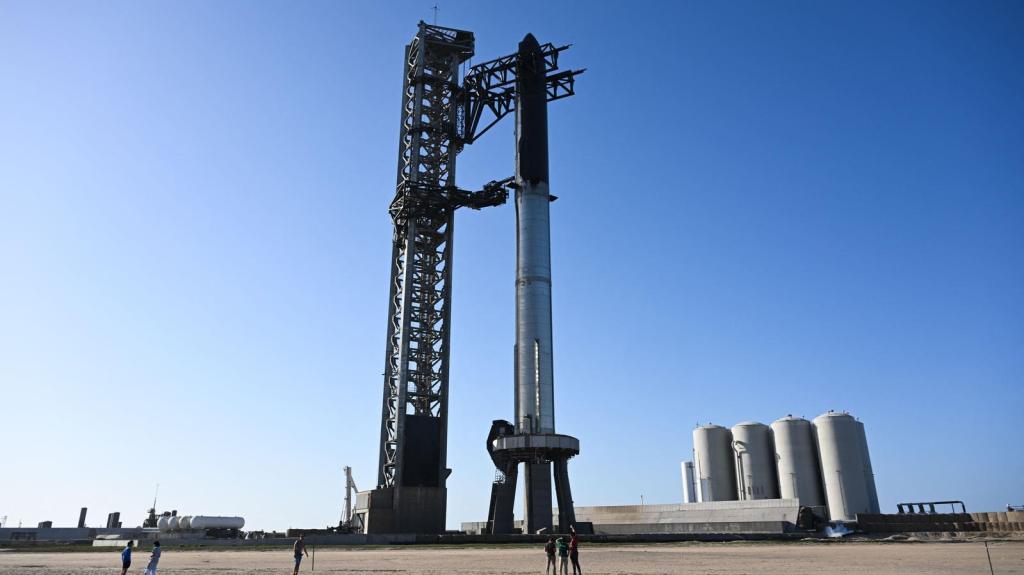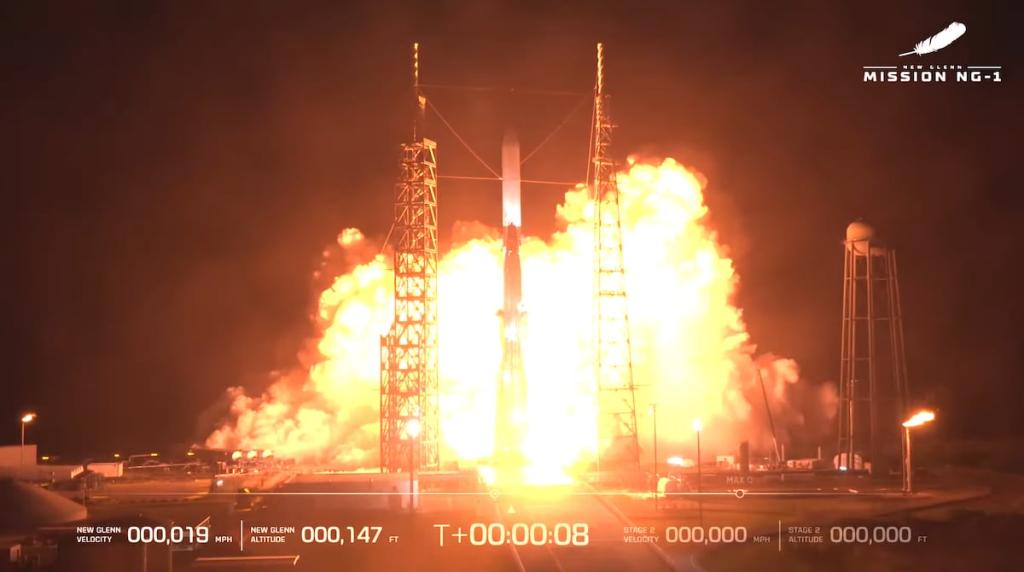Trump and Musk Unite at SpaceX Starship Launch Event
Discover how Trump's upcoming visit to the SpaceX Starship launch signals a powerful alliance with Elon Musk and reshapes the future of space exploration.
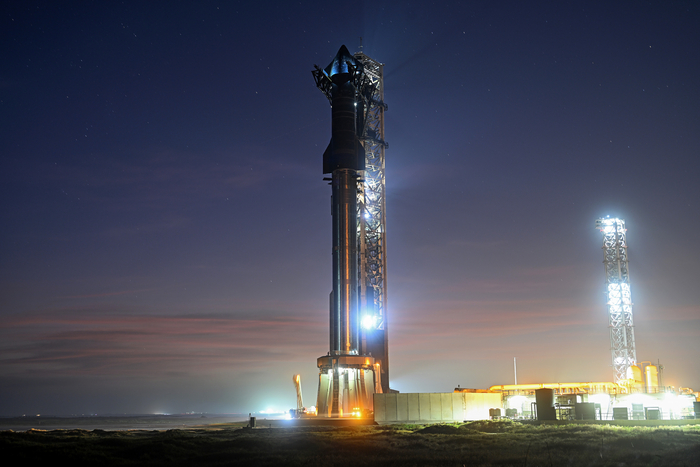
Key Points
- Trump's visit to the SpaceX
Starship launch signifies a strong partnership with
Elon Musk, highlighting the intersection of politics and aerospace innovation.
- The collaboration between the Trump administration and Musk could lead to relaxed regulations and accelerated advancements in space exploration.
- Concerns about environmental impacts from SpaceX's activities underline the need for responsible progress in the growing commercial space industry.
As the world watches the advancements in space exploration, a noteworthy event is on the horizon: President-elect Donald Trump’s planned attendance at the upcoming SpaceX Starship launch in Texas. This visit not only marks a significant occasion in space travel but also signifies the strengthening ties between Trump and Elon Musk, a relationship that could reshape the future of aerospace policy in the United States.
On November 19, 2024, at 4 PM Central Time, SpaceX is set to conduct its sixth test flight of Starship, the largest rocket ever built. This monumental project not only represents the technological prowess of SpaceX but also aims to pave the way for human exploration of Mars and beyond. The collaboration between Trump and Musk serves as a poignant reminder of the intersection between politics and innovation in today’s world.
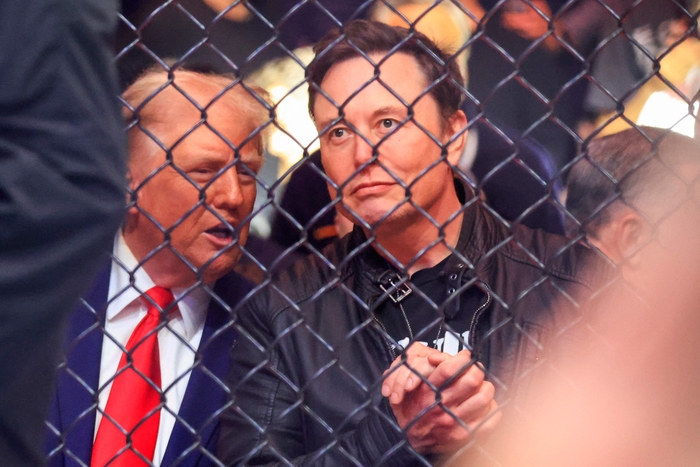
The Dynamics of Their Relationship
The rapport between Trump and Musk has been rapidly growing. Reports indicate that Musk has played a fundamental role in shaping Trump’s administration, advising on various matters and actively participating in political events. For instance, Musk’s significant financial contributions—estimated at around $200 million—have helped bolster Trump’s electoral efforts. This financial support has not gone unnoticed, as it positions Musk not only as an ally but also as a pivotal figure in the political arena.
During the past few weeks, Musk has frequently traveled with Trump, attending key meetings at
and even a recent UFC fight in New York. This visible camaraderie suggests a bond that could potentially lead to policies favoring private space endeavors, driving innovation while possibly relaxing regulatory constraints. Such a shift aligns with Musk's vision for transforming space travel into a more accessible and commercially viable enterprise.

Impact on Space Policy
Trump’s anticipated presence at the SpaceX launch isn’t merely ceremonial; it symbolizes a deeper commitment to advancing space exploration. By attending, Trump underscores the importance of innovation and the role that private enterprises like SpaceX play in this evolution. Additionally, the
(FAA) has issued temporary flight restrictions in the area, a precautionary measure often employed during significant visits. This action further emphasizes the attention and significance surrounding such events.
Furthermore, the success of the Starship program could lead to more substantial partnerships between the government and private sectors. The potential collaboration is vital for NASA’s Artemis program, which aims to return humans to the Moon by the end of this decade, and, further down the line, initiate manned missions to Mars. These missions depend heavily on the technological advancements being pioneered by SpaceX.
Public and Environmental Considerations
While the excitement around the SpaceX launch is palpable, it comes with its own set of challenges. SpaceX has faced criticism over its environmental impact, particularly regarding the ecosystems surrounding its launch sites, including concerns about sonic booms and potential property damage. As Musk continues to push the boundaries of space technology, it’s crucial that environmental considerations remain a priority in the discussion.
As the launch approaches, there will undoubtedly be scrutiny over how this partnership between Trump and Musk evolves. With Elon Musk being named the head of an advisory committee focused on government efficiency, any changes in the regulatory landscape will be closely monitored. How this relationship unfolds may very well dictate the future of space exploration in the United States.
The upcoming Starship launch is not merely an opportunity to witness a historical event; it symbolizes a potential shift in how the United States approaches space travel. Trump’s attendance at this launch exemplifies the merging of innovation and politics in a way that may redefine the aerospace industry.
In summary, Trump's visit to the SpaceX launch represents a growing alliance between two influential figures in contemporary society. Their partnership could significantly influence the future of space exploration policies, balancing progress with public and environmental responsibility. As the aerospace landscape evolves, all eyes will be on the actions and collaborations that follow this historic event.
